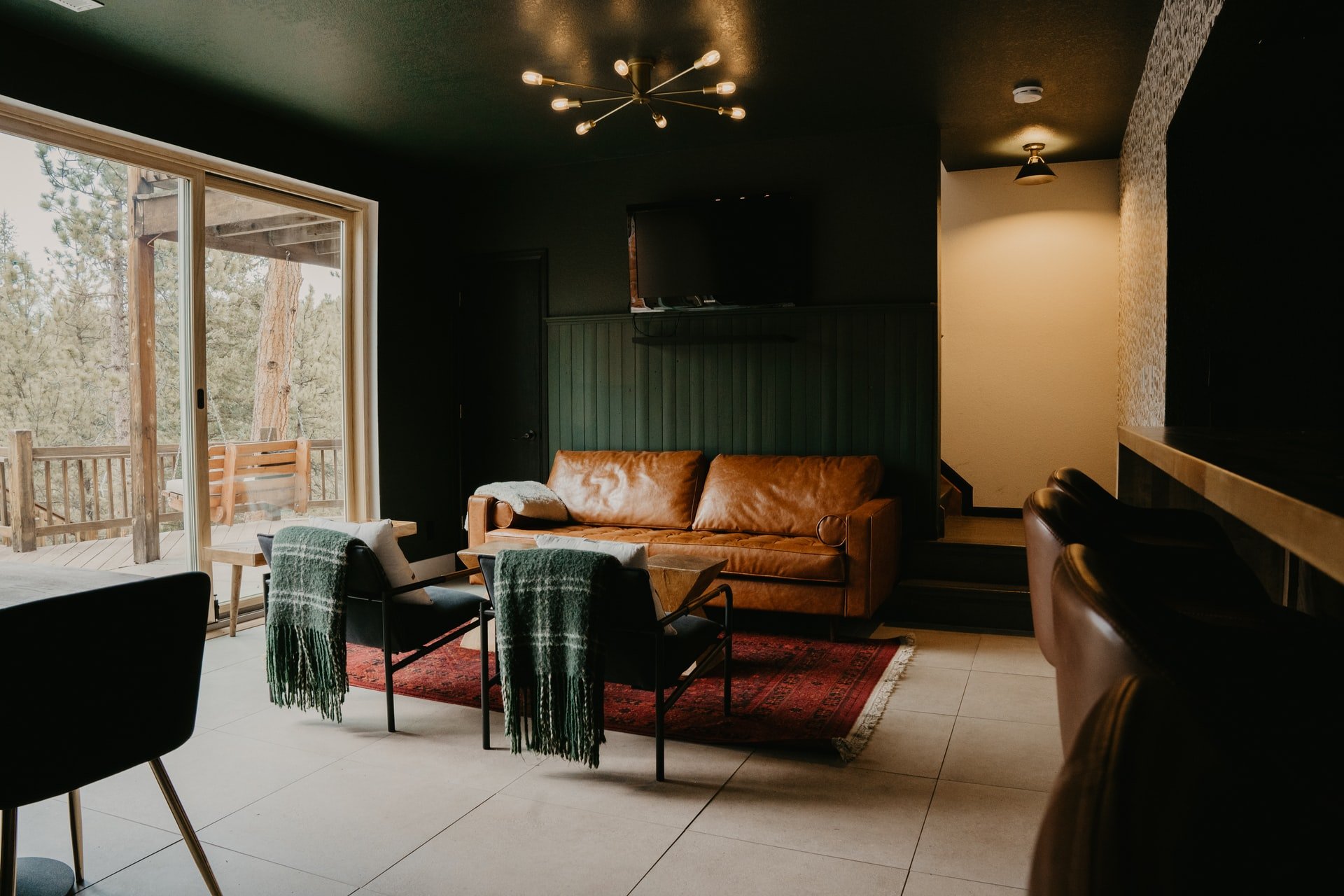The Pros and Cons You Need to Know About Direct Listing
Setting up a direct booking site gives you more control over your short-term rental. Photo: Folio.
While there are plenty of benefits when listing your short-term rental on a listing platform, such as Airbnb, VRBO or Booking.com, there are also plenty of unexpected benefits to owning your own direct booking website. Many short-term rental owners have never considered launching their own branded website with booking options, simply because platforms already exist that make this process easy as 1-2-3.
But, during the coronavirus pandemic, short-term property owners have largely been impacted by high cancellation fees imparted from booking websites directly onto owners. According to a report on CNBC, many short-term rental hosts re-evaluated their platform options during the pandemic and decided to diversify by creating their own vacation rental websites.
We’ve evaluated all the pros and cons of direct listings, so you can decide if launching your own website is best for you and your short term rental.
Direct Listing Pros
Enjoy the Benefits of Direct Bookings
One of the biggest pros in creating your own direct booking website is driving traffic directly to your property! Research on hotel booking preferences has revealed that 65% of guests prefer to book directly with the provider rather than using booking sites like Booking.com, and that’s especially true for return visitors. This means no hidden fees for you or your customer, which could be a huge factor in repeat bookings and creating a loyal following amongst your guests.
Take Control of Your Branding
Travelers in today’s day and age love branding. It can often be the difference between whether a guest decides to book or not. Those who list exclusively with sites like Airbnb are reliant on the basic branding provided, with little customization tools available. When you launch your own direct booking site, you are able to provide guests with an entire experience, down to the logo, text, colors and photography that speaks to your brand.
Avoid Unexpected Fees Eating Your Profit
Most reservation sites take some form of payment for their service, whether it’s a percentage of the booking or even a cut of the guest’s fee for credit card payments. When you have your own direct listing website, you can rest assured that there are no hidden fees or sneaky costs that eat into your profit. It’s also proven to increase repeat bookings, as guests appreciate not having to pay additional processing or cleaning fees that you may not charge directly. If you don’t want to completely manage the building of your own booking website from scratch, there are websites like Lodgify that assist with offering a clean and easy template builder.
Take Ownership of Your Complete Marketing Plan
Once you launch a direct listings site, you have complete control over the entirety of your marketing plan. That means any effort you put in will lead back directly to your site vs. waiting for Airbnb to maybe feature your property once in a blue moon. You have the option to send personalized emails to guests who have shown interest; create an email collection form to send deals, discounts or updates; craft blog content that features the best activities to do in the area; and even launch strong social media campaigns.
Repeat travelers are more likely to book direct, saving you fees. Photo: Andres Molina.
Direct Listing Cons
Less Traffic Visibility
Of course, the most obvious con for not listing on sites like Airbnb or VRBO is missing the opportunity for a large amount of traffic to visit your listing. While these listing platforms may be the first place a traveller will search, the amount of options available can be overwhelming and sometimes — less really is more.
Slightly More Hands-On Management
One of the best parts of working with an established booking site is the tools already pre-built into their sites. When creating your own website, you may have to set up a booking widget, which can take some time to properly set up. You’ll also need to incorporate a communications system with guests, which could end up being a lot of back and forth emails. You may wish to automate with pre-built templates or outsource to another company to assist with bookings and communication.
You’ll Need an Additional Insurance Policy
Sites like Airbnb offer peace of mind for hosts with their high value insurance policy, pretty much guaranteeing any property damage will be swiftly taken care of. If you are listing on your own site, you’ll want to ensure you have a proper external insurance policy in place, if not a double insurance policy — in the off chance something does happen to your home. Guests for the most part are very respectful, but you don’t want to be caught without a backup policy in place.
If you do decide to start your own direct listing site, take a peek at a few tips from our friends at StayFi with step-by-step directions on how to increase bookings through your own site.


